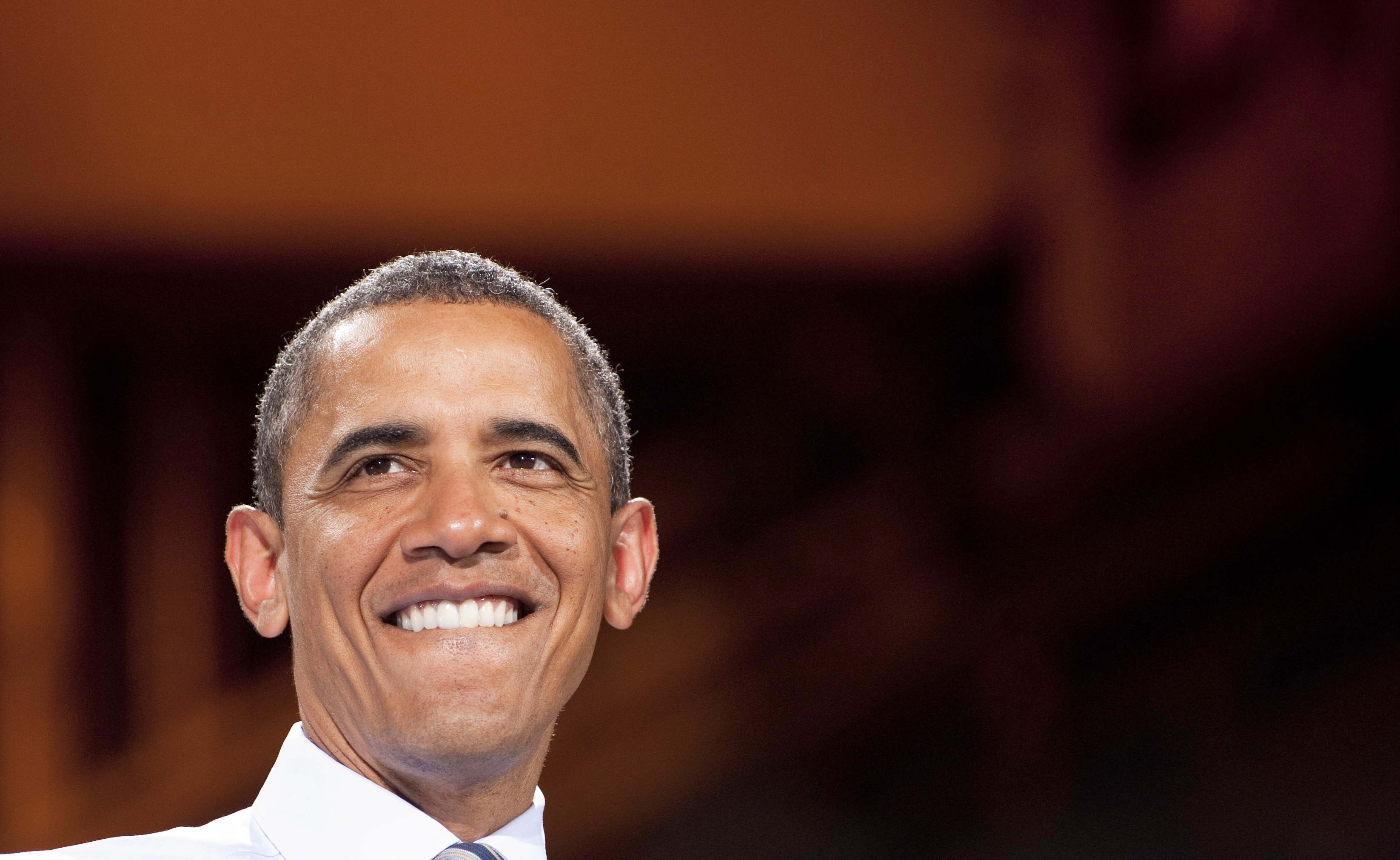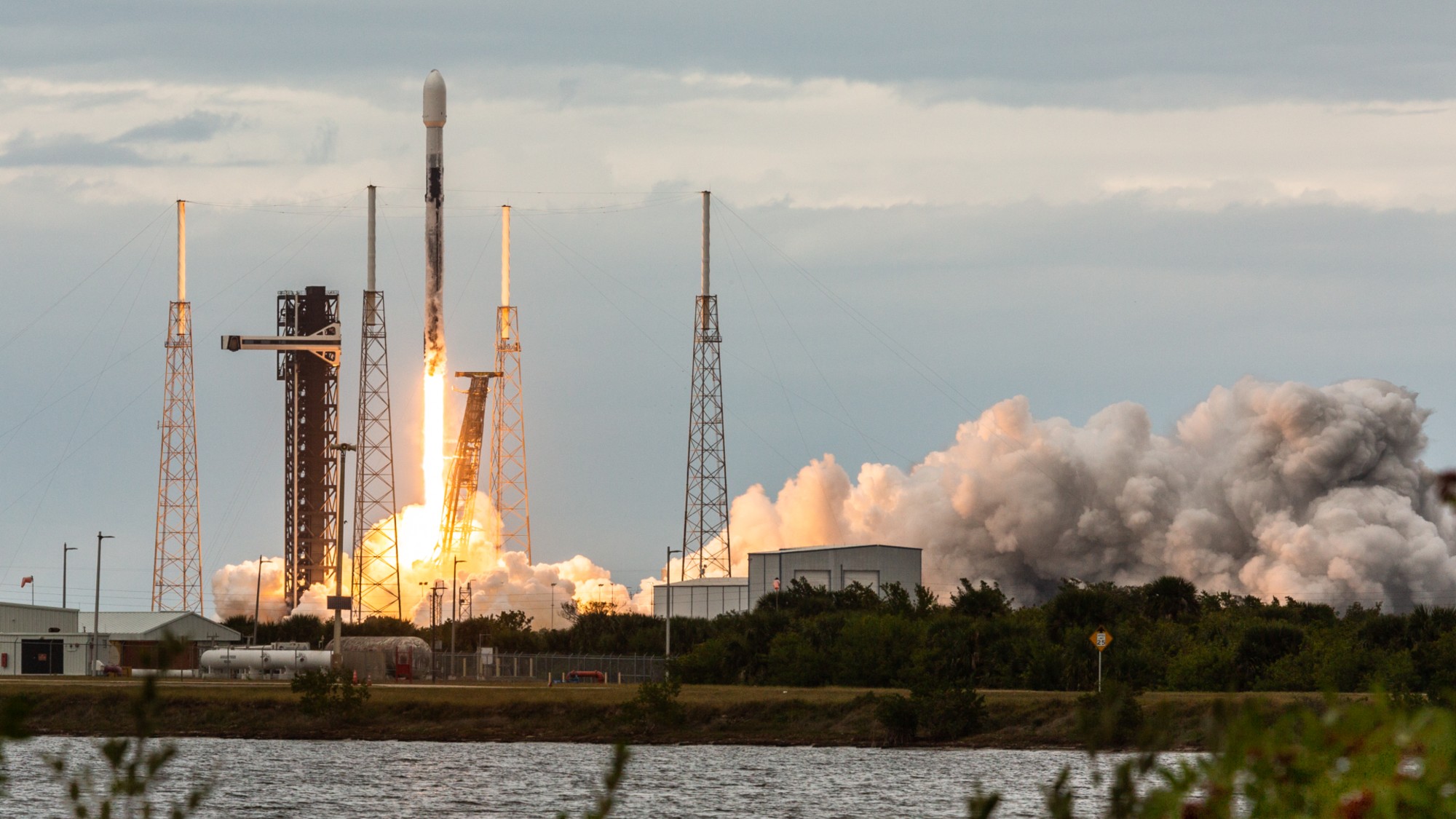The Iran nuclear deal, and how Obama finally learned to win the summer
The White House has basically secured the future of the deal, but it didn't get there alone


It may seem a little premature for the White House to take a victory lap on the landmark nuclear deal agreed to between Iran and six world powers in July. But on Wednesday, President Obama secured enough votes, all from Democrats, to uphold his veto when Republicans in Congress try to pass a binding resolution of disapproval this month.
It's now clear that critics of the deal won't win that vote, which would prevent Obama from lifting sanctions against Iran in exchange for limits on its nuclear program, as agreed to in the accord. Republicans are already coming up with other ways to thwart the deal, but this is a big defeat for their efforts. At the beginning of August, it looked like the Iran deal's opponents had the upper hand.
But after enduring several politically brutal summers in years past, Obama won this one.
The Week
Escape your echo chamber. Get the facts behind the news, plus analysis from multiple perspectives.

Sign up for The Week's Free Newsletters
From our morning news briefing to a weekly Good News Newsletter, get the best of The Week delivered directly to your inbox.
From our morning news briefing to a weekly Good News Newsletter, get the best of The Week delivered directly to your inbox.
And he did it by beating back a rare congressional speech by Israeli Prime Minister Benjamin Netanyahu, vocal and united opposition from Republicans, and a $20 million campaign to sink the deal from a group called Citizens for a Nuclear Free Iran, an offshoot of the powerful American Israel Public Affairs Committee (AIPAC). Another group, the American Security Initiative, spent $10 million trying to whip up opposition. In comparison, J Street, the liberal Jewish group leading outside efforts to support the deal, spent about $5 million.
So, how did Obama pull this off? First, he didn't do it alone.
Opponents of the deal were counting on the August recess to gin up opposition to the deal, expecting on-the-fence lawmakers to be tipped into the anti-accord column by negative TV ads and outrage among constituents back home. "Conventional wisdom seemed to be as this dragged through August the benefit would accrue to opponents of the deal," Sen. Chris Murphy (D-Conn.) told Politico. "That has simply not been the case."
That's partly because the public outrage never really materialized. But it was also because Democrats learned from past mistakes.
A free daily email with the biggest news stories of the day – and the best features from TheWeek.com
The summer-break debacles with ObamaCare, the Tea Party, and various budget showdowns were "useful because I could say to people that we have to be proactive because I know the other side will be," House Minority Leader Nancy Pelosi (D-Calif.) tells The New York Times. "There was a plan, and there continues to be a plan."
Pelosi and a group of fellow House Democrats — Reps. Jan Schakowsky (Ill.), Lloyd Doggett (Texas), David Price (N.C.), and Rosa DeLauro (Conn.) — set up a war room in the Capitol, organizing a methodical rollout of endorsements by lawmakers and making sure statements of support from experts and military leaders reached the press and wavering lawmakers.
The White House had a war room, too, and a secret weapon: Energy Secretary Ernest Moniz. Moniz, a nuclear physicist, made several presentations to lawmakers over the summer. "Not only did he know the science," explain Carl Hulse and David M. Herszenhorn at The New York Times, "he could explain it clearly, persuasively, and without the condescension some heard in Secretary of State John Kerry's presentations."
Several Democrats have said they were also persuaded to back the deal after senior diplomats from the other five world powers — Britain, France, Germany, Russia, and China — spoke with a dozen or so lawmakers right before the August break, assuring them that nobody else was going to return to the negotiating table if this deal fell through. That sank the argument from opponents that a better deal was possible.
"They basically said unanimously this is as good a deal as you could get and we are moving ahead with it," said Sen. Chris Coons (D-Del.), one of the most recent backers of the deal. "They were clear and strong that we will not join you in re-imposing sanctions."
The final key players in the White House's imminent victory have been the deal's opponents. They never articulated a credible alternative to the Iran deal, arguably focused on the wrong issues, and allowed the debate to become a partisan fight. Netanyahu's speech helped define the issue as a question of politics, not national security.
Perhaps most helpfully for supporters of the Iran nuclear deal, its "most credible opponents have been relatively low-key in taking on the White House during the past few weeks, while [Donald] Trump, [Sen. Ted] Cruz, and other GOP presidential candidates have used increasingly incendiary language to denounce the agreement," say Politico's Burgess Everett and John Bresnahan. "That's only helped the White House, which has gone to great lengths to mollify nervous Democrats."
The White House has gone to great lengths, period. It's always a fight to overcome a presidential veto, especially on foreign policy, and the Obama team is still pushing for enough votes to prevent the disapproval resolution from even getting that far. But Obama had some powerful advocates trying to cripple one of his biggest foreign policy accomplishments. If they fail, as seems likely, it will be at least partly due to the White House finally learning to protect itself from the burning political heat of August.
Peter has worked as a news and culture writer and editor at The Week since the site's launch in 2008. He covers politics, world affairs, religion and cultural currents. His journalism career began as a copy editor at a financial newswire and has included editorial positions at The New York Times Magazine, Facts on File, and Oregon State University.
-
 A running list of the US government figures Donald Trump has pardoned
A running list of the US government figures Donald Trump has pardonedin depth Clearing the slate for his favorite elected officials
-
 Ski town strikers fight rising cost of living
Ski town strikers fight rising cost of livingThe Explainer Telluride is the latest ski resort experiencing an instructor strike
-
 ‘Space is one of the few areas of bipartisan agreement in Washington’
‘Space is one of the few areas of bipartisan agreement in Washington’Instant Opinion Opinion, comment and editorials of the day
-
 Bari Weiss’ ‘60 Minutes’ scandal is about more than one report
Bari Weiss’ ‘60 Minutes’ scandal is about more than one reportIN THE SPOTLIGHT By blocking an approved segment on a controversial prison holding US deportees in El Salvador, the editor-in-chief of CBS News has become the main story
-
 Has Zohran Mamdani shown the Democrats how to win again?
Has Zohran Mamdani shown the Democrats how to win again?Today’s Big Question New York City mayoral election touted as victory for left-wing populists but moderate centrist wins elsewhere present more complex path for Democratic Party
-
 Millions turn out for anti-Trump ‘No Kings’ rallies
Millions turn out for anti-Trump ‘No Kings’ ralliesSpeed Read An estimated 7 million people participated, 2 million more than at the first ‘No Kings’ protest in June
-
 Ghislaine Maxwell: angling for a Trump pardon
Ghislaine Maxwell: angling for a Trump pardonTalking Point Convicted sex trafficker's testimony could shed new light on president's links to Jeffrey Epstein
-
 The last words and final moments of 40 presidents
The last words and final moments of 40 presidentsThe Explainer Some are eloquent quotes worthy of the holders of the highest office in the nation, and others... aren't
-
 The JFK files: the truth at last?
The JFK files: the truth at last?In The Spotlight More than 64,000 previously classified documents relating the 1963 assassination of John F. Kennedy have been released by the Trump administration
-
 'Seriously, not literally': how should the world take Donald Trump?
'Seriously, not literally': how should the world take Donald Trump?Today's big question White House rhetoric and reality look likely to become increasingly blurred
-
 Will Trump's 'madman' strategy pay off?
Will Trump's 'madman' strategy pay off?Today's Big Question Incoming US president likes to seem unpredictable but, this time round, world leaders could be wise to his playbook
